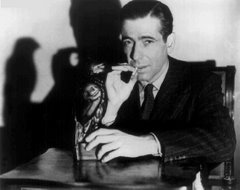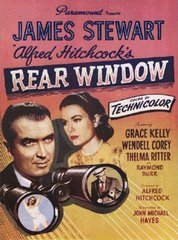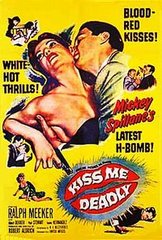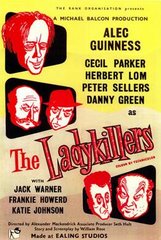
I didn't really get anything out of this film thematically; all of the stuff about sex and fascism and wanting to conform and appear normal left me cold. Frankly, I'm just not interested in sex as a subject matter unless it's about how sex isn't as crazy-fun and non-committal as modern Western culture would have it. So right there Bertolucci loses me.
But, hoo boy, is this film beautiful! I mean, gorgeous. Probably one of the top five most beautifully photographed films I've ever seen. The use of color for one thing, right off the bat with the contrasting redish-browns of the first scene to the somber blues of the next scene, to the stark, clean whites and blacks of several of the scenes at fascist headquarters. I especially loved the softness of the lighting used on the female leads. Bertolucci was able to make their faces look as luminous and flawless (in color) as the beautiful black and white faces of Hollywood's glamour heydays of the 30s and 40s. For me this film was all about the aesthetic pleasures of gazing at these dream-like images, with narrative reduced to a secondary, or even tertiary position. I really wasn't invested in whether Marcello (Jean-Louis Trintignant) would let his former professor be killed, or whether he'd save Anna (Dominique Sanda) from a similar fate. All I cared about was the haunting image of Professor Quandri surrounded by assasins and trees in the yellow light of the dawn. The whole film was just a pleasure (and a nightmare) to look at. In a way, this movie is an example of how cinema is not as strongly tied to narrative and storytelling as we so often would like to think. Even a movie that doesn't have a strong story or a compelling theme can be a powerful, moving, important experience. Like our experience with dreams, the images from The Conformist will linger indefinitely, while its meaning will most likely be forgotten.



















No comments:
Post a Comment